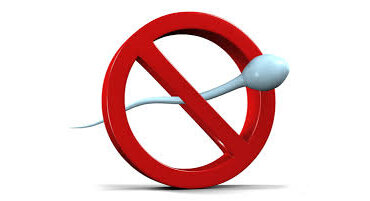Bureta Pharmacy Shop
We're 'the little pharmacy with the big heart' - our slogan explains our attitude - small in size but big in attitude, we like to go the extra mile for our customers!

Contraceptive failure or having unprotected sex can be a stressful situation. The risk of pregnancy can be reduced by taking the emergency contraceptive pill (ECP). The ECP is most effective the sooner it is taken. As getting to the Doctor is not always possible or practical our accredited ECP pharmacists are available to provide you with a consultation and are able to dispense the ECP if it is appropriate for you.
The emergency contraceptive pill will be most effective if you take it as soon as possible after unprotected sex. Taking the ECP within 24 hours is best, but it can prevent pregnancy if taken up to 72 hours after unprotected sex.
The ECP has been shown to prevent:
It’s important to note that the ECP does not protect against sexually transmitted infections (STIs). If you have any concerns speak with your Unichem Pharmacist, doctor or family planning clinic.
You may experience the following side effects but they should resolve within a few days:
If vomiting occurs within three hours of taking the ECP, another dose should be taken immediately.
Your next period will probably come at the expected time, but it may be early or late, and it could be heavier than usual.
You should make an appointment to see your doctor immediately if:
Contraception
It’s recommended that you use a barrier contraceptive (condoms) until your next period.
If you use a contraceptive pill, keep taking the hormonal pills as normal and use additional barrier protection for seven days. If you have less than seven hormonal pills left in the packet, you should continue with the next pack and omit the seven day break or placebo (sugar) tablets.
Pregnancy
The emergency contraceptive pill is generally safe to take while breastfeeding, but check with your Pharmacist or doctor if you are concerned.
Causes of swallowing difficulties
Swallowing difficulties can happen at any age. There are a wide range of causes for them, including:
Symptoms of swallowing difficulties may include:
Swallowing difficulties can cause weight loss, dehydration and chest infections.
Let your healthcare provider know if you have swallowing difficulties. They will ask you about your symptoms and check if any other health conditions you have may be the cause.
Your healthcare provider may refer you to a specialist for tests. These may include a:
How your swallowing difficulties are treated depends on the cause and how severe it is. Treatments may include:
As well as seeing your healthcare provider, the following tips may help you to get food or liquids into your stomach.
Have a look at our range of Gloup medication lubricants here which can help with difficulties swallowing tablets...